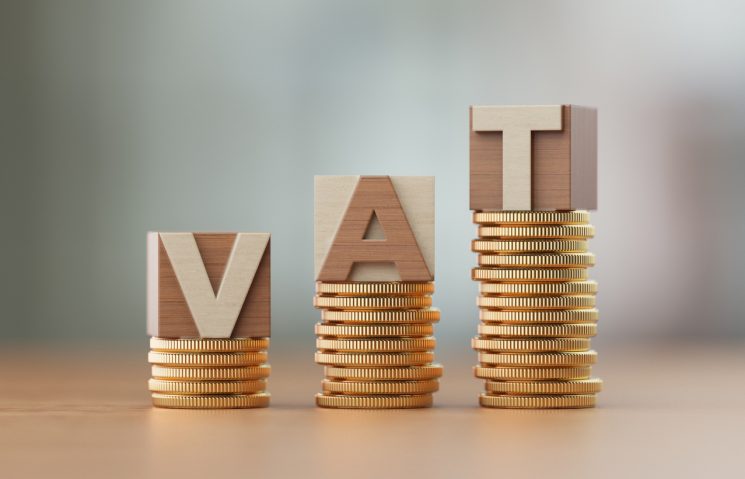VAT can seem like a major headache for any business and it can be something that businesses are wary of addressing. However, for any business that is required to make VAT arrangements, it’s something that cannot be avoided. Failure to successfully manage VAT can lead to large unexpected bills for a business.
There are ways to cover unexpected tax bill expenditure, but large expenses can lead to the failure of a business, in a worst case scenario. This is why it’s so important for any business to get it right, when it comes to managing VAT.
When to make VAT arrangements
If a business has an annual turnover of £85,000 or more, it’s necessary to make VAT arrangements. It’s important for a business not to leave it until the last minute to put processes in place. This means that planning needs to start when the turnover of a business is approaching this level. Advice from the government is available, to help businesses with this planning.
Once a business is VAT registered, they need to pay VAT to HMRC on a quarterly basis. This means that it’s important for them to keep accurate and comprehensive records of any VAT that they charge on sales and any VAT that they pay. The difference between these two figures is the amount that is due to HMRC.
Managing VAT – good practices
In order to ensure that VAT is managed effectively, there are some good practices which businesses may want to adopt.
- Record VAT details clearly for every sale and purchase.
- Set up a direct debit so that VAT is paid on time. This helps to avoid surcharges for late payment.
- Place money into a savings account to pay VAT, instead of setting up a direct debit. Make sure that there is sufficient money to cover the amount due by paying close attention to accounts.
Using these practices can help businesses stay ahead of the game when it comes to paying VAT.
When VAT can be reclaimed
VAT is not always about paying money out. Usually, if the amount of money paid out in VAT exceeds the amount of money charged as VAT on sales, the government refunds any excess VAT that has been paid. This is why some businesses find it financially beneficial to complete VAT registration before their annual turnover hits £85,000. Voluntary VAT registration can be a good business move for some.
VAT is not something that businesses should be afraid of. It can seem as though dealing with VAT is an onerous task, but there is plenty of advice and support available from the government, to help. If a business manages VAT well, unexpected bills should not happen. If they do, there are finance options available to soften the blow. Many businesses actually benefit from being VAT registered because the amount of VAT they charge in a year is less than the amount of VAT they pay out.





